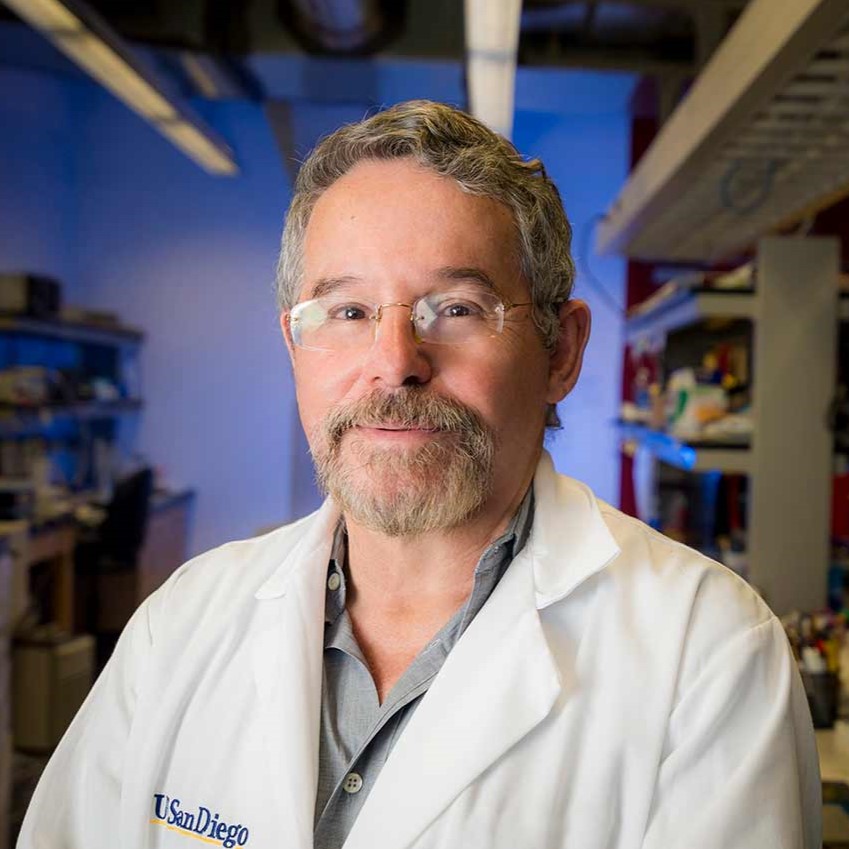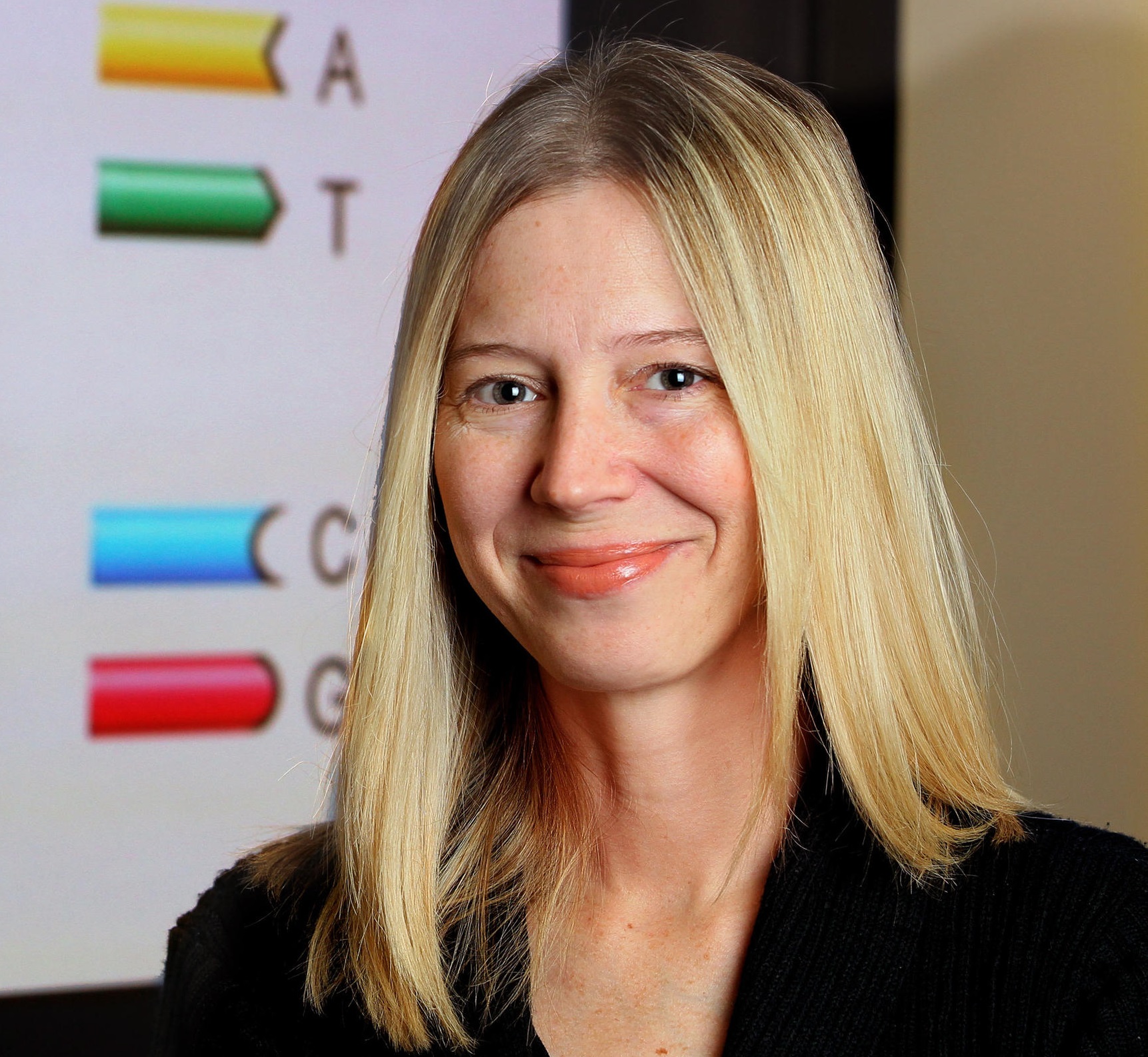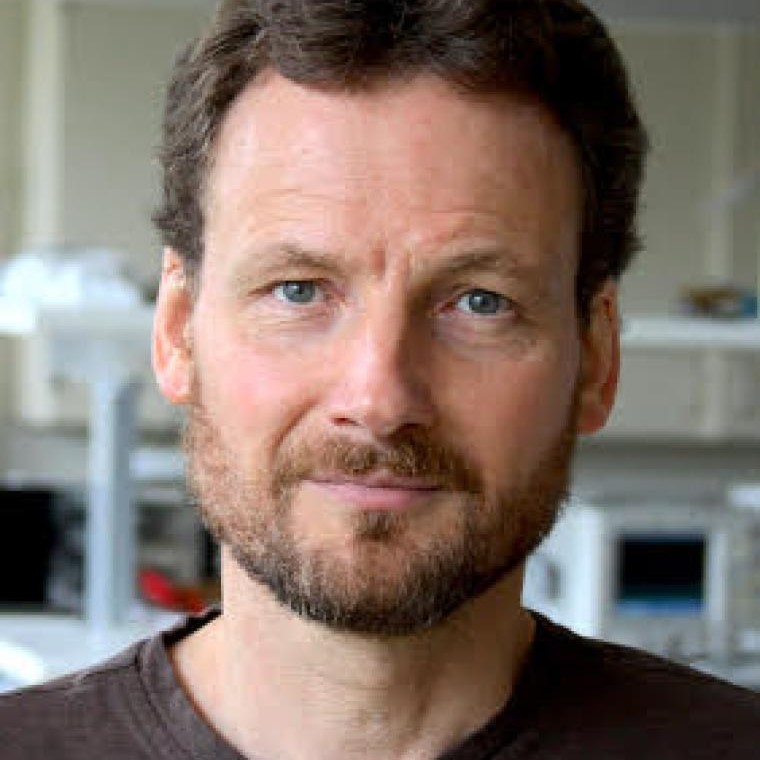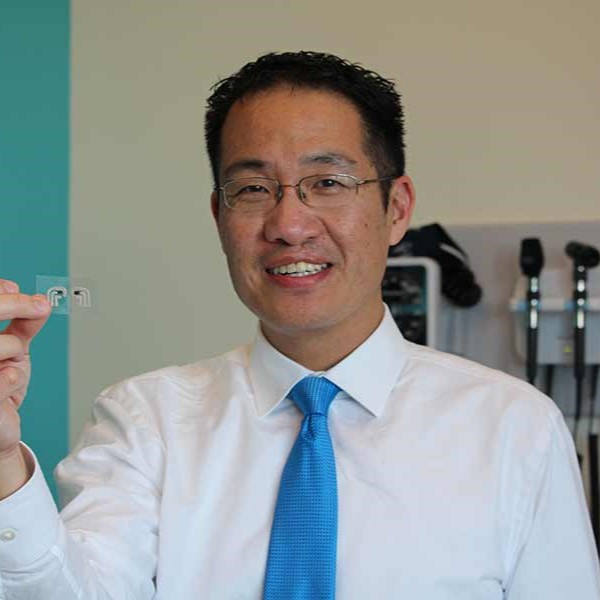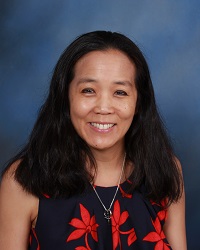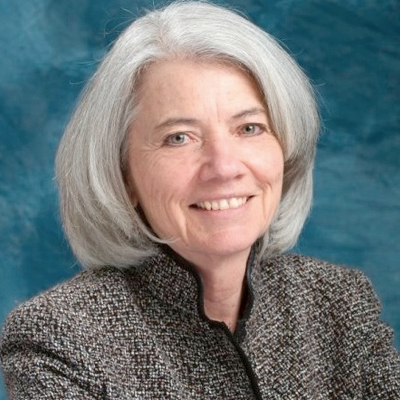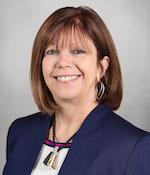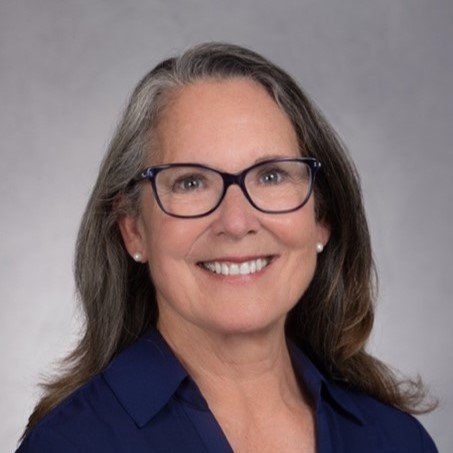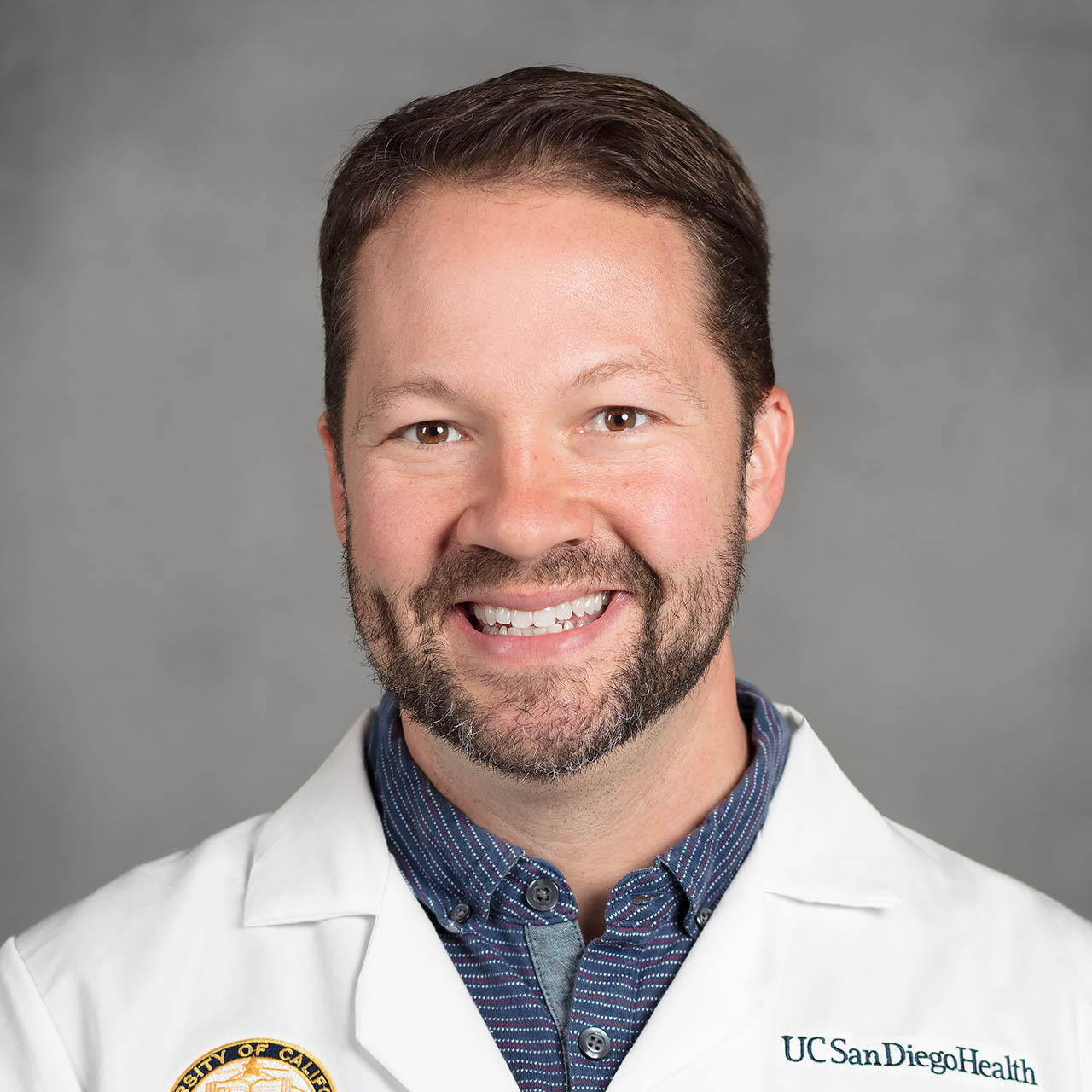I. Health care and support for individuals with multiple co-morbidities
An aging population is leading to increased numbers of individuals with two or more chronic diseases such as diabetes, cardiovascular diseases, musculoskeletal disorders, cognitive decline, frailty and other health problems. Elderly patients with multiple co-morbidities require up to 19 doses of medication daily and can see seven doctors across 4 specialties in any given year (IOM, 2012) These individuals do not do well with “one-off” solutions for specific medical problems. Rather, an integrated approach of monitoring and early intervention is required if healthcare is to be optimized.
CMSA researchers will form interdisciplinary teams of engineers and clinicians who will gather requirements from selected high-value areas of multiple co-morbidities and develop integrated approaches for the management of concurrent disease states to include (but not be limited by) wearable sensors for physiological monitoring, physical activity and balance, cognition, social interactions, diet, sleep and mood. End-to-end solutions will be prototyped and tested in free living individuals to capture data for transmission to cloud-based platforms where predictive analytics and other analyses can be performed that in turn produce actionable information for patients and healthcare providers.
II. Home care, including situations where lay caregivers are involved
The growing importance of patients with multiple co-morbidities and high-cost users of the healthcare system necessitates advances in home care systems and services. Health-related smart home technologies will become a multi-billion dollar industry as financial pressures mount to prevent initial hospitalizations and reduce readmissions to the hospital. Aligned with this is the need for systems to support spouses, children of elderly parents, and other caregivers as they help their loved ones age in place. This, too, is not a single “one-off” problem, but rather a many-layered systems problem that requires interdisciplinary solutions.
CMSA researchers will work together to design, test and reiteratively improve health-related smart home technologies, interfaces and platforms. One way to accomplish this is to partner with one or more companies with an interest in this space, and to work with UCSD Health System to recruit clinicians and their patients who are willing to actually test prototypes of home care devices and systems. There is no substitute for actual user-driven testing and, as with the Precision Medicine initiative proposed by the NIH, basing this on willing volunteers can go a long way towards avoiding issues of data privacy and use in the context of this type of research.
III. Resource-poor settings in which mobile health can be particularly valuable
There is a great need for low cost, durable, flexible and easy ways to use mobile health technologies in resource-poor settings around the world. The wireless capabilities inherent in these technologies, combined with an expanding and increasingly ubiquitous telecommunications infrastructure is setting the stage for transformative efforts in preventive, diagnostic and therapeutic interventions that can reach everyone.
CMSA researchers could partner with funders, governments and companies to develop and pilot-test these in any number of high-value areas ranging from maternal and child health to infectious disease to environmental monitoring to medical care.


